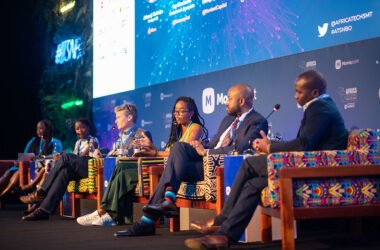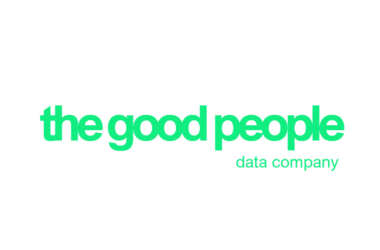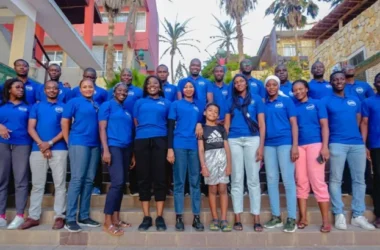Credential fraud is a longstanding problem in the global job market, with applicants inflating their qualifications, experience, or even fabricating entire career histories. In Nigeria, where the job market heavily leans on academic and professional certifications, this issue has prompted recruiters to adopt more stringent measures.
A 2023 Job Applicant Behaviour Survey by ResumeLab found that seven out of ten job seekers worldwide lie on their resumes, whether by overstating job roles, misrepresenting academic credentials, or exaggerating managerial experience. In industries like medicine, banking, and oil and gas, where precision and integrity are non-negotiable, credential fraud poses significant risks to both employers and clients.
Recognising this, Nigerian companies are increasingly relying on innovative verification platforms like Akowe Verify. Developed as a solution to the growing problem, Akowe Verify simplifies the process of confirming a candidate’s academic qualifications. It provides recruiters with instant access to public academic records, ensuring authenticity.
The verification industry in Nigeria has grown significantly over the past two decades, with companies like Background Check International (BCI) leading the charge. Initially focusing on employment screening, these organisations now offer a range of services, from tenant and vendor checks to validating pensioners and even prospective spouses.
Akowe Verify has taken a unique approach by digitising convocation lists from seven top Nigerian universities, bypassing the need for partnerships with institutions. “These are public academic records. We didn’t have to do any collaboration or partnership,” explained Ayodeji Agboola, CEO of Akowe Verify.
By focusing on six data points, including the candidate’s name, institution, and degree details, the platform ensures accuracy and reliability. Each verification request costs ₦20,000, and plans are underway to expand into peer verification and digitising more comprehensive academic records, including transcripts.
While these tools are invaluable, the legal landscape must also be navigated carefully. In Nigeria, background checks must comply with the Nigerian Data Protection Regulation (NDPR), which mandates that employers obtain explicit consent before accessing personal data. Similar frameworks exist globally, such as the U.S. Equal Employment Opportunity Commission’s guidelines, which prevent discrimination during the hiring process.
Recruitment experts recommend outsourcing these checks to accredited verification companies. This ensures compliance with legal requirements while providing accurate results and safeguarding candidate privacy.
As industries evolve and the stakes of hiring the wrong candidate increase, tools like Akowe Verify offer both convenience and reliability. Beyond preventing fraud, they present an opportunity to digitise academic records, streamline hiring processes, and enhance trust in the recruitment ecosystem.
By embracing innovative solutions, Nigerian employers can mitigate risks and build a more transparent workforce—proving that technology and integrity go hand in hand in shaping the future of work.







